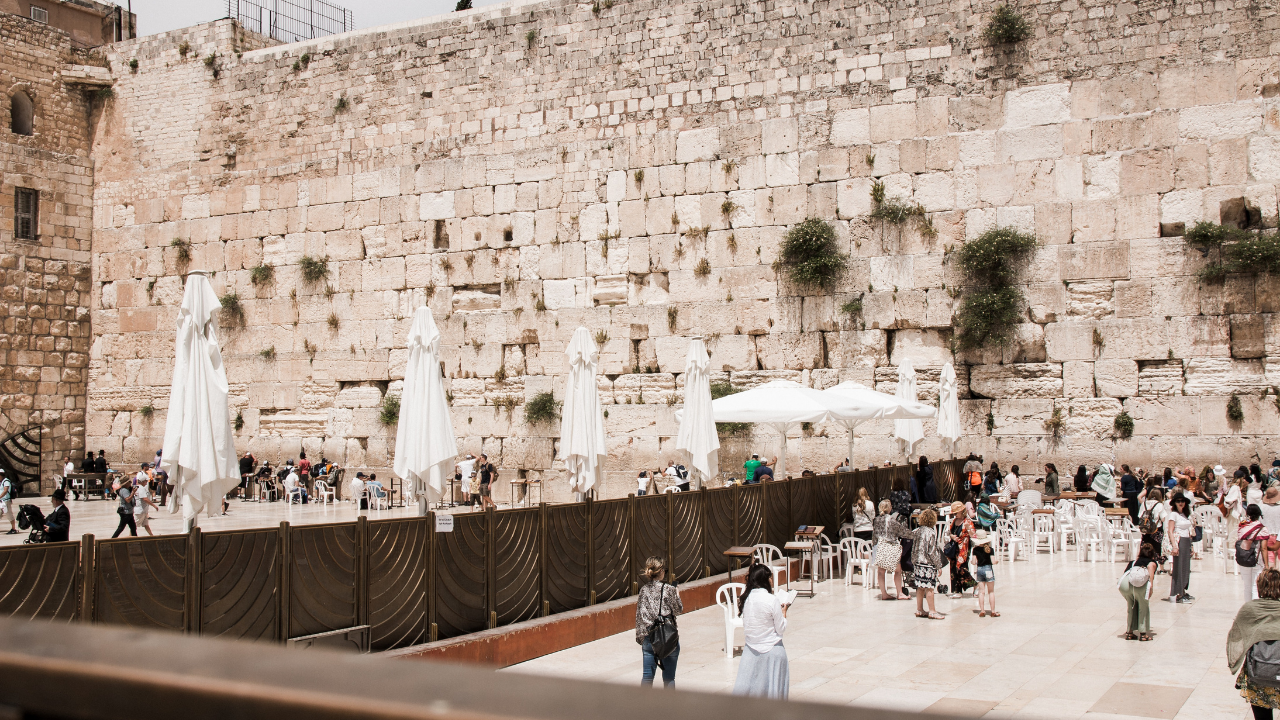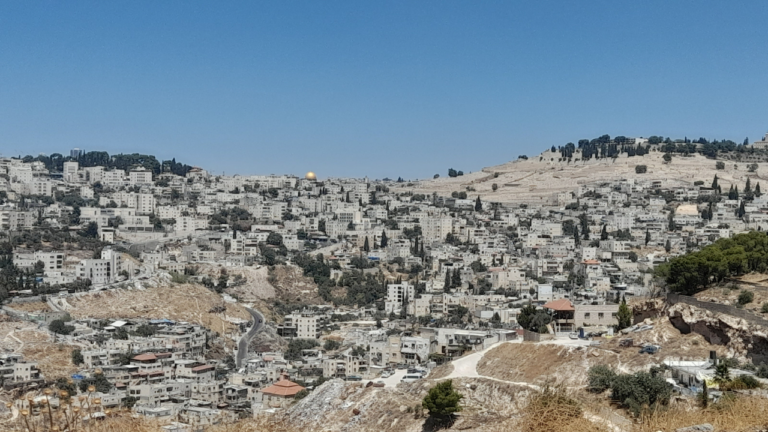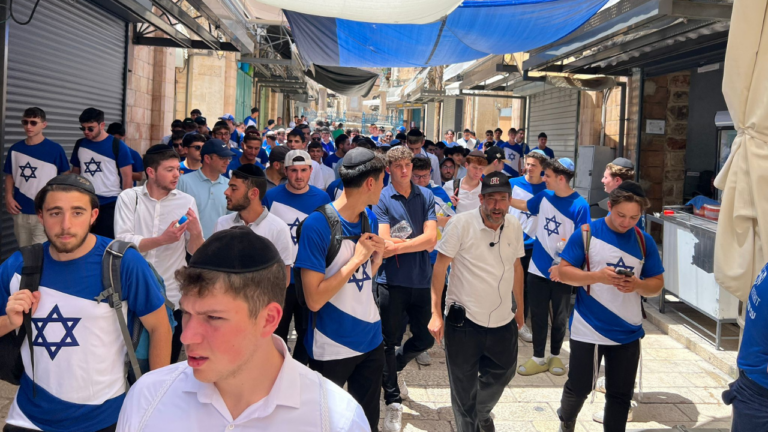The Communal Judgement of Jerusalem
Yerushalayim has a special status during the Days of Awe. Regarding Rosh HaShanah, the Mishna teaches us that when Rosh HaShanah fell out on Shabbat it was forbidden to blow the shofar anywhere in the world other than in the Beit HaMikdash and Yeurshalayim. Even after the Beit HaMikdash was destroyed and the ability to blow on Shabbat transferred to Yavneh, the new seat of the Sanhedrin, nonetheless, the blowing there occurred in a more limited fashion. Regarding Yom Kippur, it goes without saying that in the times of the Beit HaMikdash the main event of the day was the service of the Kohen Gadol in the Beit HaMikdash.
Why? Is there a specific reason that God wants much of the High Holy Day drama to take place in Yerushalayim?
Perhaps one approach to this question can be gleaned from the words of the Ba’alei Mussar (“Masters of Ethics”) of the Mussar movement. One theme in their writing regarding the frightening Days of Judgement is that as individuals most of us have no chance of meriting a positive judgement. Due to our weakness of character many of us have failed too many times to be acquitted in a fair trial.
What hope do we have, then, for these days of judgement? The Ba’alei Mussar answer that we must connect ourselves to the broader community. The Zohar explains that we can learn the proper approach to the Days of Awe from the Shunamite woman who hosted Elisha. When he asked her if there was anything in particular that he could pray to God for her behalf, she responded: “amongst my nation, I dwell.” She did not want to stand out before God during this time of year, but to be part of the community.
God’s love for the Jewish people is so great that He covers and forgives its sins. Even though each individual might be unworthy on his own and one would think that the community is merely the aggregate of its individual members, in truth, the community is greater than the sum of its parts. The nation as a whole merits a unique form of judgement and can be assured of a positive verdict.
Therefore, Rav Simcha Zisel of Kelm and other Ba’alei Mussar suggest that a key strategy to meriting a positive verdict is to connect oneself to the community. The more a person lives for the community, the more one intertwines his life with that of the Jewish people – the greater the chance of meriting a good year. These activities on behalf of the collective are also supposed to engender a sense of solidarity and emotional identity.
Perhaps this is the reason that several of the major events of the High Holy days take place in Yerushalayim. This is the city that fosters a feeling of collective and community. It is not only the spiritual epicenter of the Jewish people but also a national center. Integrating Yerushalayim into the High Holy Days service is a way of reminding us that connection with the Jewish people is a key method of navigating these special days.



